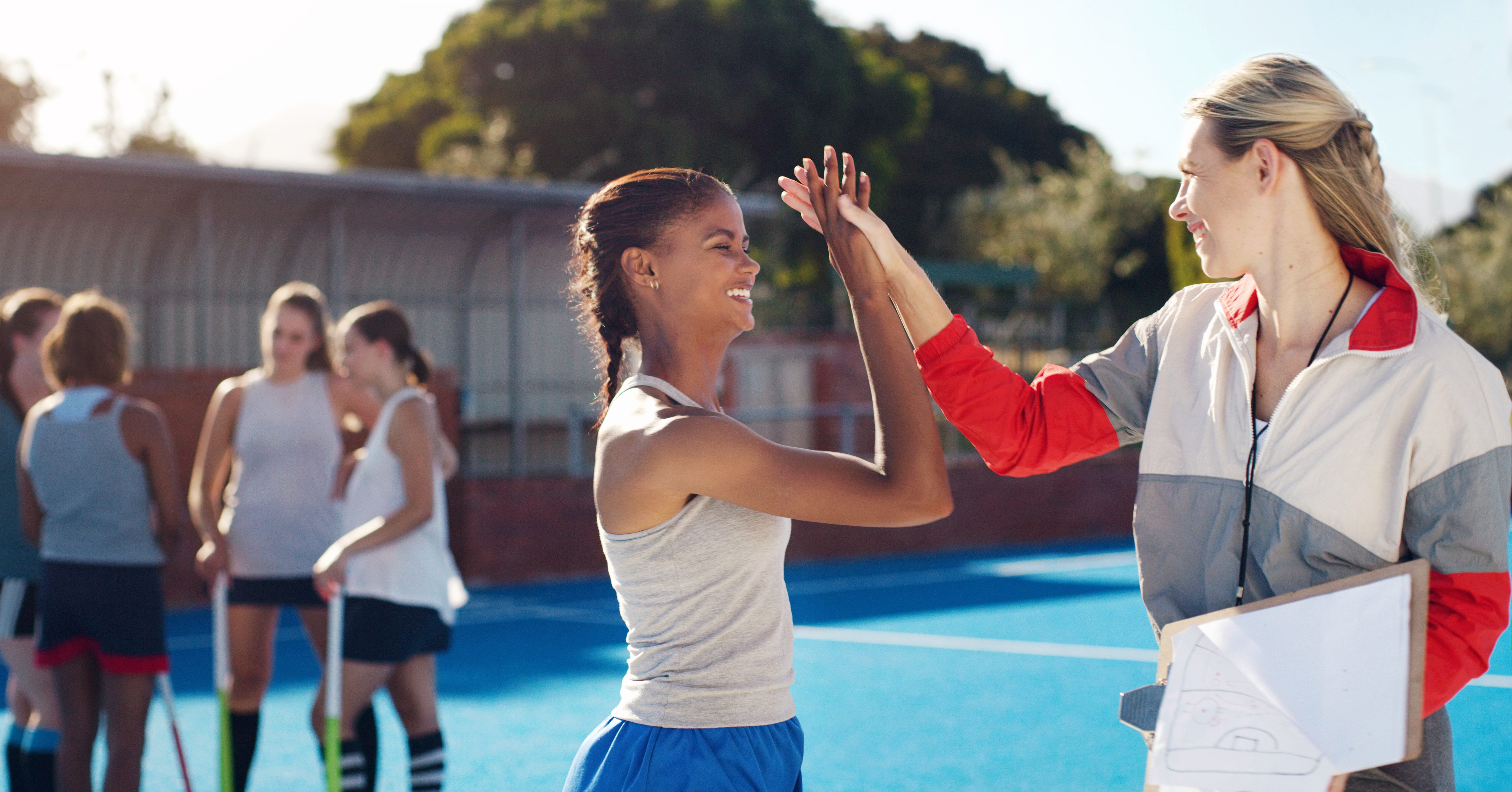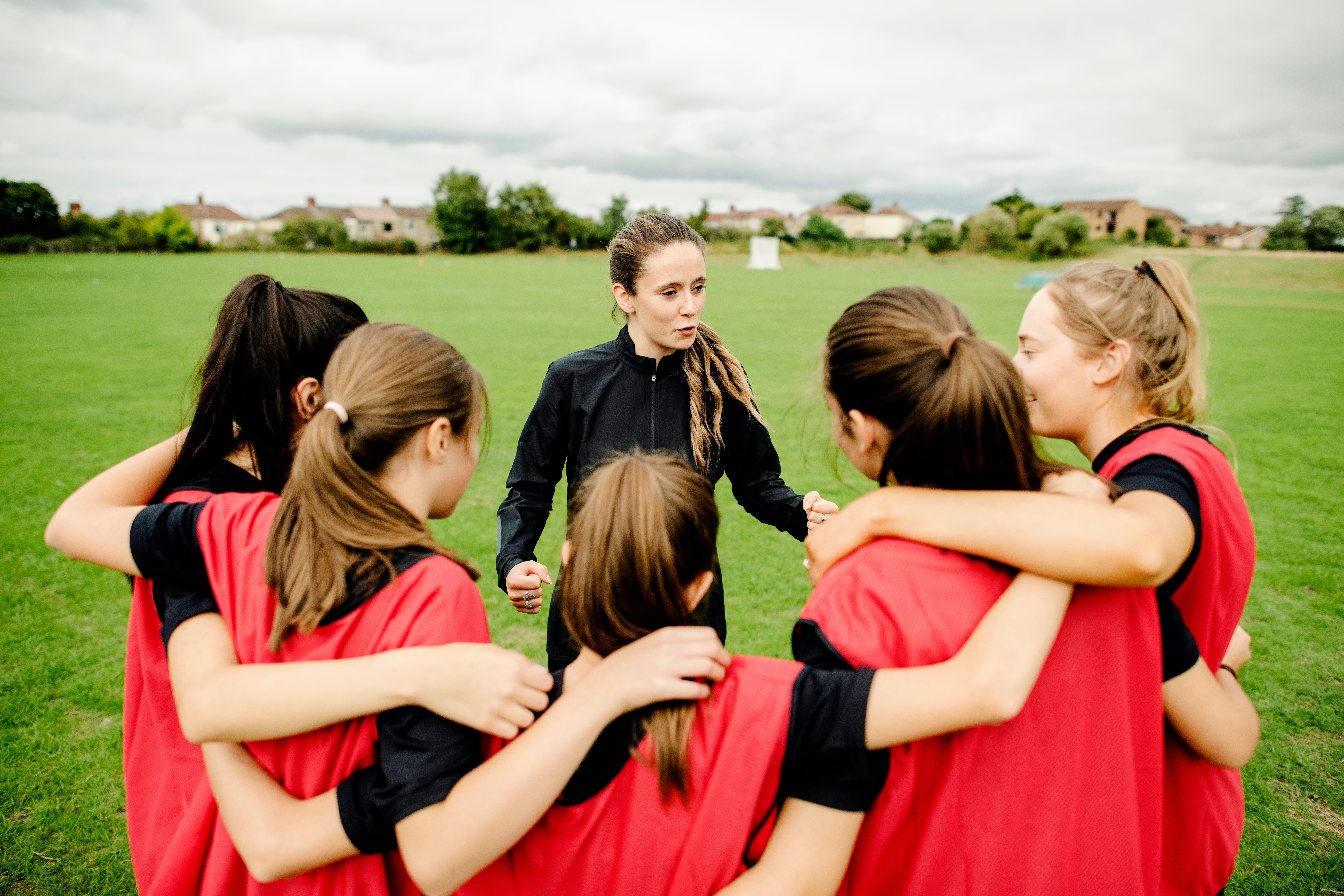Language matters in the context of athlete development
Consistency when it comes to language is important to consider in the context of athlete development. Some terms that are frequently used in sport have blurry or competing meanings, such as what it means to have “talent,” what it means to be “elite,” or what it means to have “character.” Researchers advise being specific with…
What coaches need to know about low energy availability
Low energy availability (LEA) refers to when an athlete has an insufficient energy intake compared to their energy expenditure. Yet, coaches remain relatively unaware of symptoms and causes of LEA. This review synthesizes findings on LEA from 1986-2021 so that coaches can be better prepared to support athletes.
Effects of a learning game through understanding strategy on tactical skills and performance in team sports

Project summary Teaching and learning tactical skills in team sport is essential to improve performances (Grehaigne & Godbout, 2014). Player’s understanding of the game is a good indication of the learning of these skills (Memmert & Perl, 2005). Unfortunately, many coaches seem to use traditional approaches mainly focused on teaching technical skills and flow…
Knowledge mobilization for sport organizations
Knowledge mobilization is the process of sharing evidence-based findings with an audience who can use those findings in practice. Knowledge mobilization helps close the gap between what is known and what is done. Closing this knowledge-to-action gap can advance the sport sector by providing sport stakeholders with information that enables them to enhance practice, policies…
Demographics of Canadian strength and conditioning coaches
New research on Canadian strength and conditioning coaches has shed light on demographics. The study found that the mean age of coaches was 34 years. 77.% of participants were male and 90.7% did not identify as a visible minority. This demographic data can inform future targeted recruitment and mentoring within the field.
Barriers and facilitators to coaching certification in Canada
Coaches report many barriers associated with certification in Canada including the time-consuming process, inaccessibility of locations and expense of courses. Many coaches do not perceive certification to be career advancing. SIRC interviewed Joseph Gurgis, Assistant Professor at Nipissing University, about what promotes versus what deters coaching certification in Canada.
Holistic ecological approach to athlete development
A holistic ecological approach (HEA) to athlete development focuses on thinking beyond solely the confines of a training session, and instead taking into account all the settings, relationships and networks of an athlete’s life. Coaches seeking to implement HEA can try taking into account other stressors in athlete lives (for example, exam schedules), manage training…
Development and Evaluation of the Coaching for Life Skills Training Program for High School Coaches

Project summary The research project occurred in two sequential phases. In the phase one study, the purpose was to develop the Coaching for Life Skills training program and evaluate its pilot implementation. This first study was qualitative in nature and explored what coaches believed they experienced during their participation in the training program. Findings demonstrated…
Supporting mental health
Coaches play an important role in supporting athletes’ mental health. Researchers found that providing positive reinforcement to athletes seeking mental health care can promote a team culture that supports athletes’ mental health. Additionally, coaches can foster positive mental health environments by encouraging athletes to take breaks from training as needed and by connecting athletes to…
How to harness the power of team cohesion in sport

In sport, we often hear athletes and coaches talking about how “united” their team is and the great “chemistry” that they have. Broadly, these terms reflect the concept of cohesion. Cohesion is frequently described as the glue that holds a team together, and as a result, produces positive outcomes for individual athletes (for example, increased…